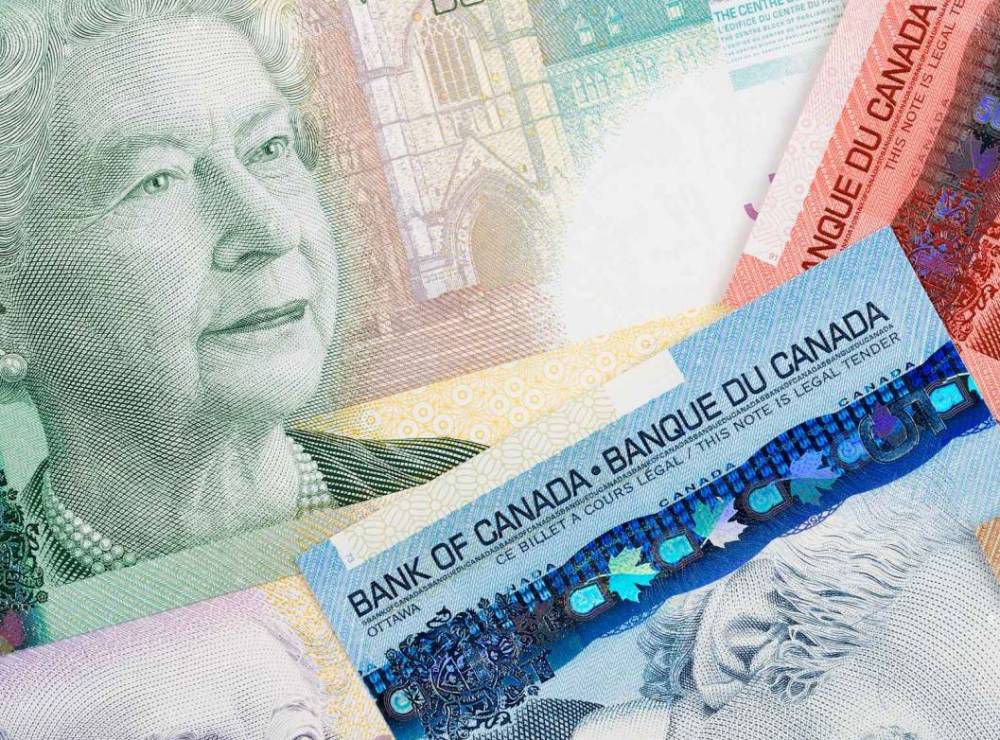The dismal start to financial markets this year, coupled with concerns about the slowdown in China, should keep the Federal Reserve from raising interest rates four times in 2016, as policymakers had forecast last month, former Clinton administration Treasury Secretary Larry Summers said Monday.
Summers also warned on CNBC’s “Squawk Box” that psychology in volatile markets can change quickly. “Just as I thought it was a mistake to overreact to bits of strength in the middle of last fall, there’s also a danger to overreacting to the weakness at present,” he said.
Read MoreWhat you need know about the markets this week
The Fed raised rates in December for the first time in more than nine years . At the time, central bankers projected four more rate hikes in 2016, but the new year market turmoil has scaled back those expectations.
“I’ve thought consistently that it was not a confident bet that the economy could withstand four rate increases this year, and continue to growth robustly and continue to provide support for a very weak global economy,” Summers said. “Certainly the way markets have moved this year has done nothing but support the view.”
“The markets have never believed the Fed on the Fed’s expansion [on rates],” he argued. “I think the Fed has quite been very unwise when it has criticized markets for not believing it because … markets reflect the collective judgment of a number of people. It seems to me there was substantial grounds for concern.”
Read MoreThis economic doomsayer sees plenty more volatility
Appearing with Summers, former European Central Bank PresidentJean-Claude Trichet said it’s appropriate for the U.S. and Europe to be moving in different directions on monetary policy because the euro zone economy remains much weaker.
“The [economic] cycle in Europe is very late in comparison to the cycle to the United States of America,” Trichet said. He estimated a three-year lag in growth and inflation in Europe, compared with the recovery in the U.S.
Summers expressed concern about the divergence of U.S. monetary policy from the rest of the world. “You may see the main impact of monetary policies work through currency values. And that would be a problematic thing … for the American economy because it would represent a substantial shifting of demand abroad,” he said.
Last week, the ECB signaled the possibly of further easing, which helped to put a floor in on global financial markets.
Trichet, expressing more hawkish views than Summers, said Monday the Fed was “probably right” to hike rates in December because the American labor market is close to full employment.
Trichet is a member of Pimco’s global advisory board chaired by former Fed Chairman Ben Bernanke.
[“source -pcworld”]



